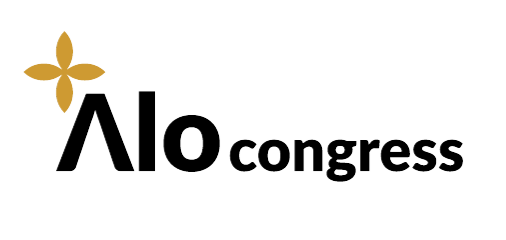


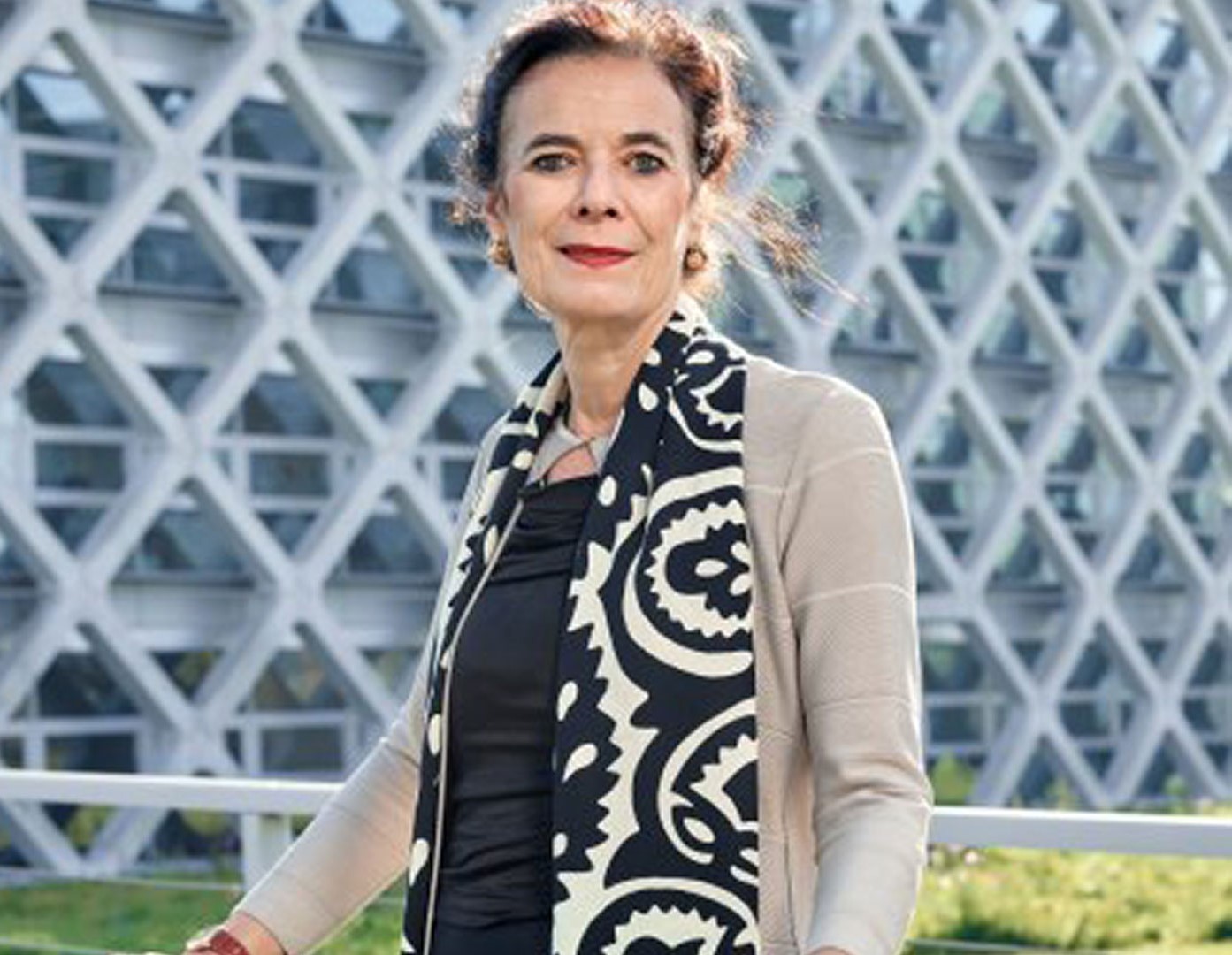
Louise O. Fresco, as President of Wageningen University & Research (WUR) since 1 July 2014 till 1 July 2022, received the Norman E. Borlaug Medallion in June 2022 for outstanding (...)
Louise O. Fresco, as President of Wageningen University & Research (WUR) since 1 July 2014 till 1 July 2022, received the Norman E. Borlaug Medallion in June 2022 for outstanding contributions to life sciences research and global food security. Her leadership strengthened WUR's societal impact and public engagement. Recognized for sustainable development efforts, she earned honorary doctorates from the University of Liège and KU Leuven in 2017. Fresco was honored with the Comenius Prize in 2014 for promoting scientific awareness. In 2009, she spoke at the TED Conference, and in 2008, she received the Groeneveld Award for significant contributions to the nature and landscape debate.
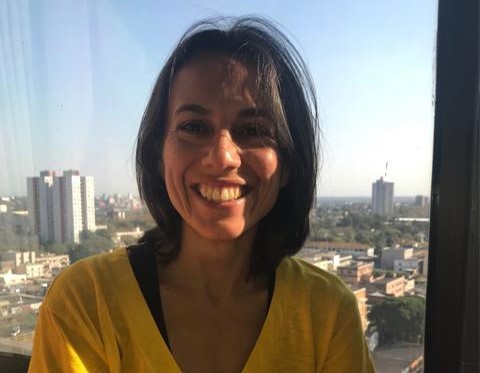
Marta G. Rivera-Ferre is Research Professor at INGENIO (CSIC-UPV), with a broad academic background (...)
Marta G. Rivera-Ferre is Research Professor at INGENIO (CSIC-UPV), with a broad academic background in Veterinary Science, Animal Production, Agricultural Economics and Sociology. Her experience spans institutions in the UK, the Netherlands and Spain, with a focus on agroecology and food systems. As Director of the Chair of Agroecology and Food Systems at the University of Vic-Central University of Catalonia, she explored the interaction between agriculture, food, society and environment, with a focus on climate change and food security. He has led UN panels, participated in IPCC and IPBES, and coordinated reports on sustainable food systems and the link between water, food, energy and ecosystems. She also contributed to the UNWomen CSW66 report on gender equality and climate change.
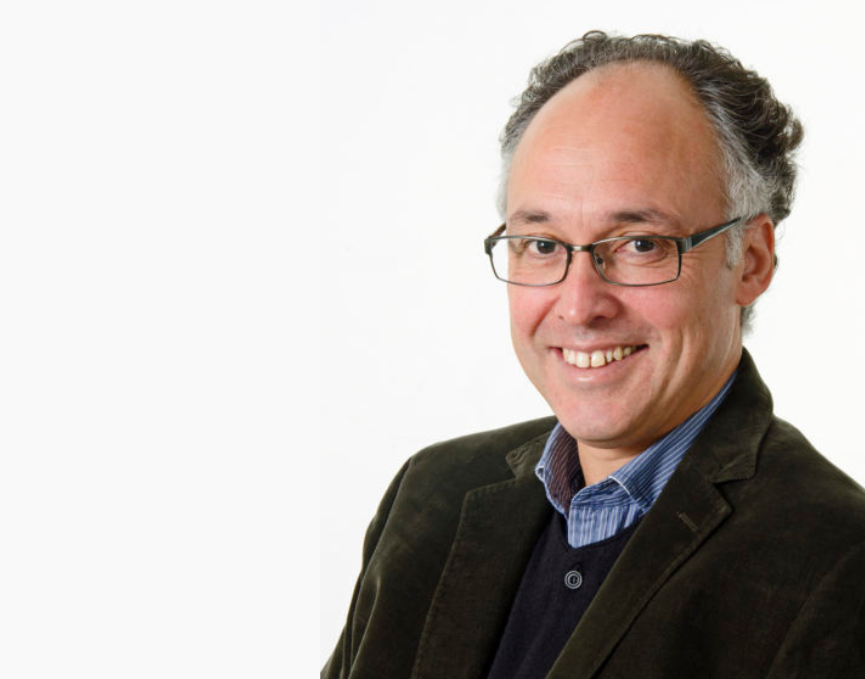
Dr. J. David Tàbara is an active member of the Global Climate Forum and Associate Senior Researcher at the Institute of Environmental Science and Technology (...)
Dr. J. David Tàbara is an independent social scientist with 30 years’ experience in international interdisciplinary research on sustainable development. He is a member of the Earth Commission Working Group on Transformations of the Global Commons Alliance, and an Associated Researcher to the Global Climate Forum in Berlin (created by climate Nobel Prize Klaus Hasselmann) and to the Autonomous University of Barcelona. He has published extensively (over 100 scientific publications) on methods for social-environmental knowledge integration, social learning, and public participation for sustainability. He has been involved in many EU research projects on transformative science and solutions to support sustainable climate action. Recently, he was the Principal Investigator to the EU project TIPPING+ on “Enabling Positive Tipping Points towards clean-energy transitions in Coal and Carbon Intensive Regions" that involved over 20 cases studies in Europe and elsewhere. As a member of the Earth Commission, he is a co-author of paper in the Lancet - Planetary Health that will be published later this week on ‘a Just World on a Safe Planet” led by Prof. Joyeeta Gupta of the University of Amsterdam.

Joan Romanyà is Professor of soil science at the University of Barcelona. He has experience working on plant-soil relationships in natural and man-made ecosystems. Recently, he has specialized in the (...)
Joan Romanyà is Professor of soil science at the University of Barcelona. He has experience working on plant-soil relationships in natural and man-made ecosystems. Recently, he has specialized in the management of soil organic matter for crop production. His main research interests are i) optimizing the use of local resources (organic waste, microbes and plants) to design sustainable agroecosystems, ii) identifying agricultural practices that promote the reserve of soil organic matter and plant growth promoting organisms, iii) studying the relationships between soil organic matter, soil-plant microbes and nutrient availability, and iv) the relationships between soil quality and plant quality.
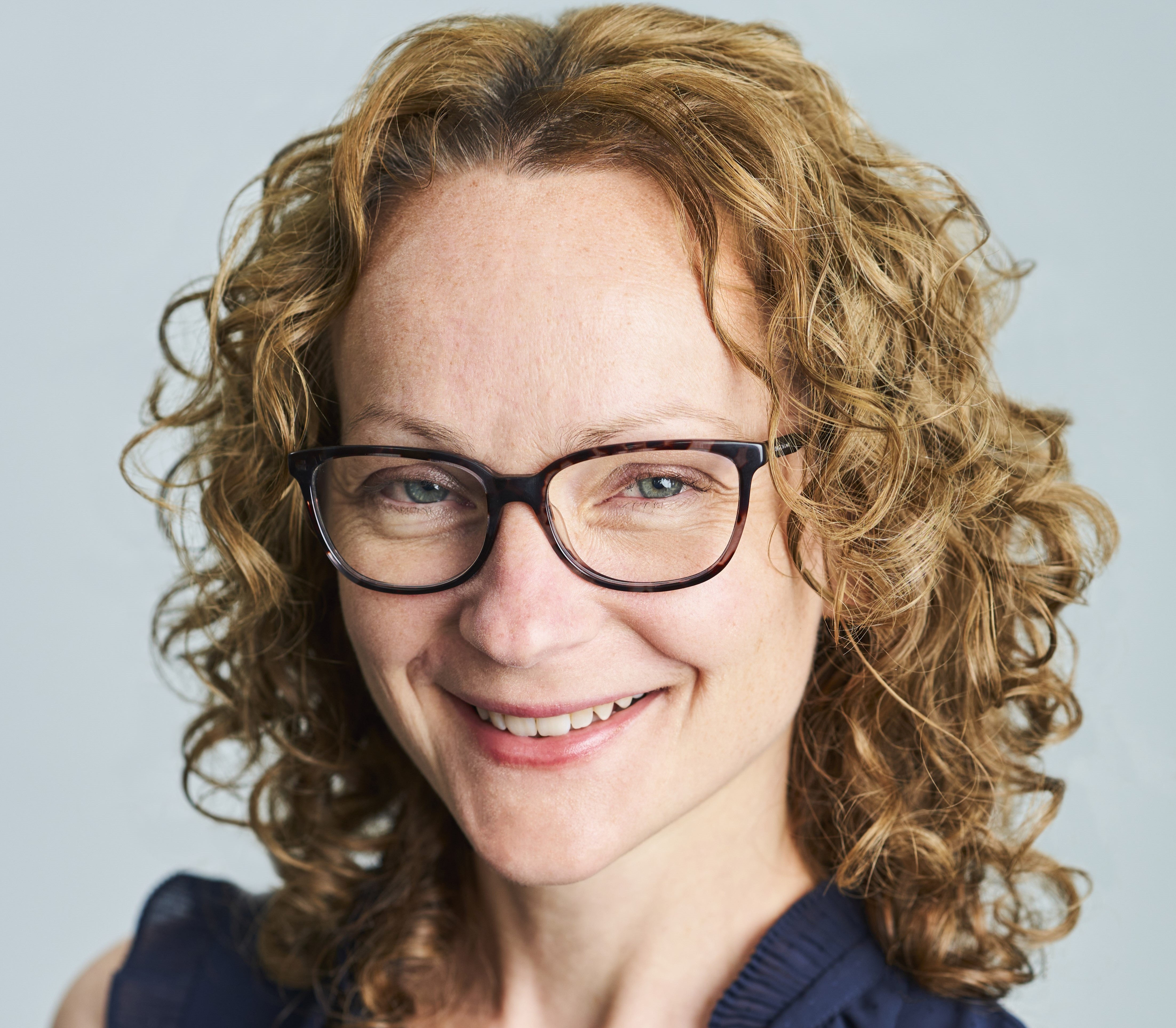
Sarah Sim is the Environmental Sustainability Programme Director in Unilever’s Safety and Environmental Assurance Centre and Extraordinary Professor Corporate Environmental Sustainability at Radboud University, (...)
Sarah Sim is the Environmental Sustainability Programme Director in Unilever’s Safety and Environmental Assurance Centre and Extraordinary Professor Corporate Environmental Sustainability at Radboud University, Netherlands. She holds an EngD in Environmental Technology: Sustainable Food Supply chains. She has worked at the corporate-academic interface for over 20 years, gaining a deep understanding of business needs and the pathway from research to application. She is responsible for the development and execution of Unilever’s environmental sustainability science strategy and for application of this science to inform business decision-making across the company’s Nutrition, Ice Cream, Beauty & Wellbeing, Personal Care and Home Care product portfolios. Her main research focus is on approaches to assess the environmental impacts of technologies, products and organizations. These include life cycle approaches, predictive and spatial modelling, biodiversity and ecosystem indicators.
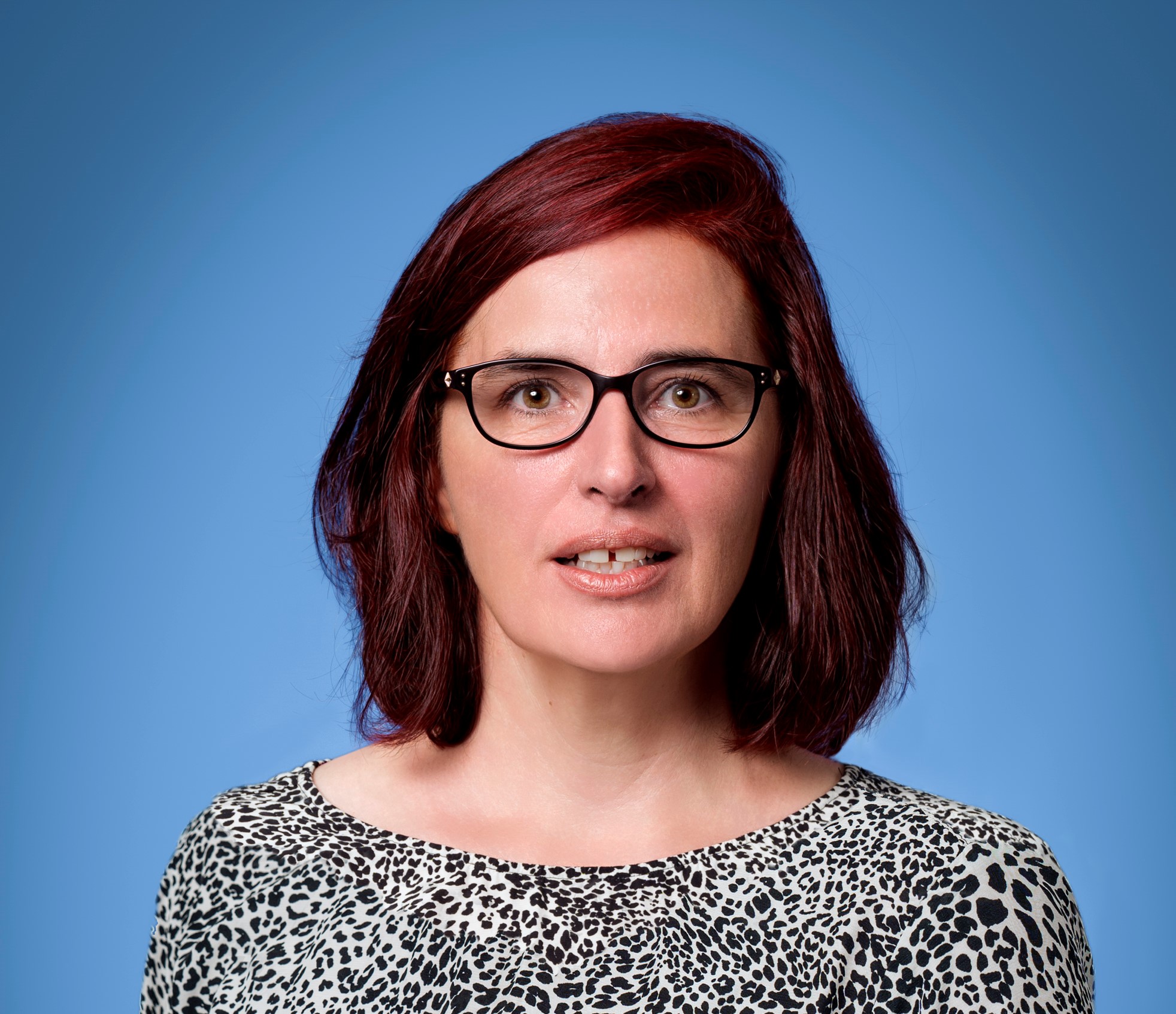
Isabelle Privat is the Head of “Plant & Nutrition” Department in the newly created Nestlé Institute of Agricultural Science part of Nestlé R&D (...)
Isabelle Privat is the Head of “Plant & Nutrition” Department in the newly created Nestlé Institute of Agricultural Science part of Nestlé R&D. She has been part of Nestlé R&D since 20 years with different roles – from research scientist covering functional genomics in coffee & cacao linked to sensory quality to department head leveraging plant diversity to improve nutrition & taste of our plant-based products. Isabelle holds a P.h.D. in Plant Molecular Biology and Genetics. She is deeply convinced that plant-based products can be improved right at the early stage of the value chain – in the field. Integrating sustainable production (including RegAgri), highly performing varieties with limited inputs, improved functionality and limited off taste could make a great difference for the quality of the end product that justifies investing significantly to understand how those different criteria can be quantified and integrated in the supply chain.
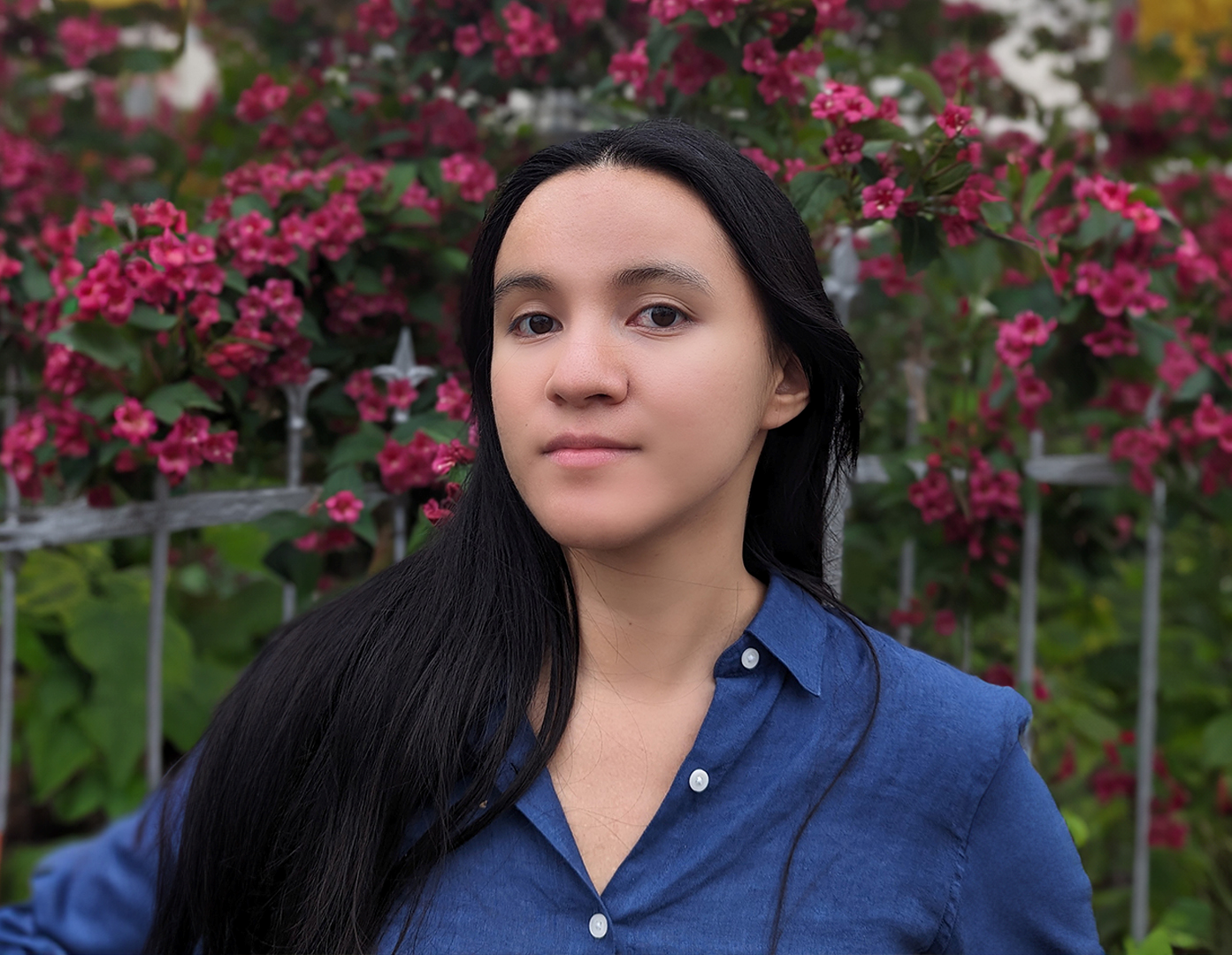
Lisbeth Hernández is a Sustainability Officer for OSI Group in all European markets. OSI Group is one of the world’s largest privately held food manufacturers and supplies leading retail and foodservice brands (...)
Lisbeth Hernández is a Sustainability Officer for OSI Group in all European markets. OSI Group is one of the world’s largest privately held food manufacturers and supplies leading retail and foodservice brands. OSI’s products include traditional proteins such as beef patties and chicken nuggets, to sauces, and plant-based proteins. Lisbeth is an Industrial Chemical Engineer with a master’s in food technology from KU Leuven and UGent. Her experience includes development of strategies to reduce Scope 3 emissions in the supply chain of agricultural products, calculation of life cycle assessments, and implementation of measures to help farmers transition to a more sustainable production. This intersects with helping farmers improve animal welfare and achieving financially viable farms. But everything is connected to the overarching goal of measuring the emissions of all farmers in the supply chain and achieving a reduction of GHG emissions in different farming systems.
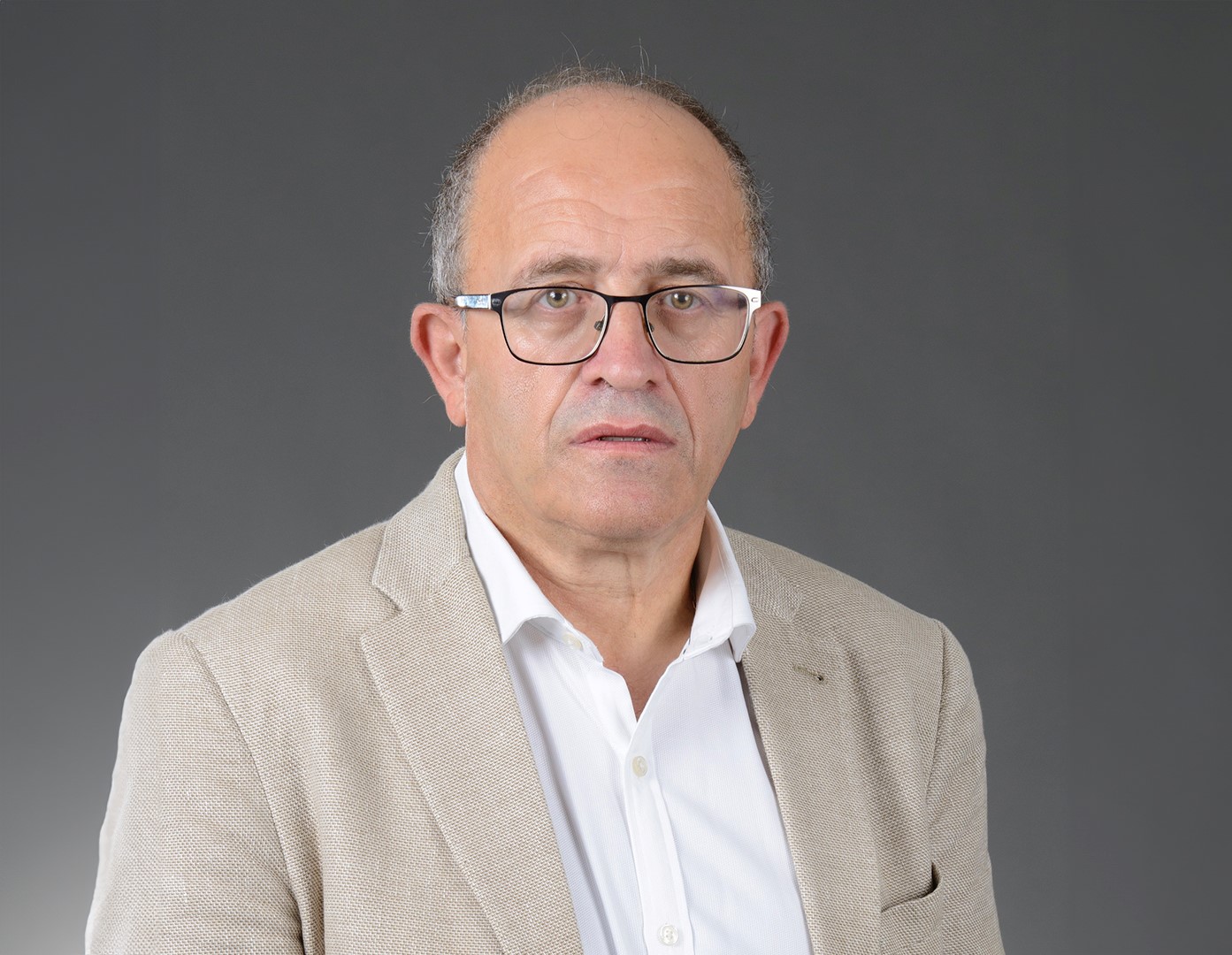
Joan Gòdia Tresánchez is currently the General Director of Agri-Food Companies, Quality, and Gastronomy in the Department of Climate Action, Food, and Rural Agenda of the Government of Catalonia (Generalitat de Catalunya) (...)
Joan Gòdia Tresánchez is currently the General Director of Agri-Food Companies, Quality, and Gastronomy in the Department of Climate Action, Food, and Rural Agenda of the Government of Catalonia (Generalitat de Catalunya). He previously held several senior management and academic positions in various research institutes and universities in Catalonia, including a role as Deputy Director General of Industries and Agrifood Quality at the Department of Agriculture, Fisheries, and Food of the Government of Catalonia. Moreover, he is a member of the Governing Board of the Catalan Council of Integrated Production (CCPI) and the Catalan Council of Organic Production (CCPAE). In international presentation, he has been a member of the board of directors of the European Producers Association for Designations of Origin (AREPO) and is currently a member of the European Association of Fruit and Vegetable Producers (ARFLH). Additionally, he is a member of the Catalan Food Council and the Food Safety Steering Commission of Catalonia.
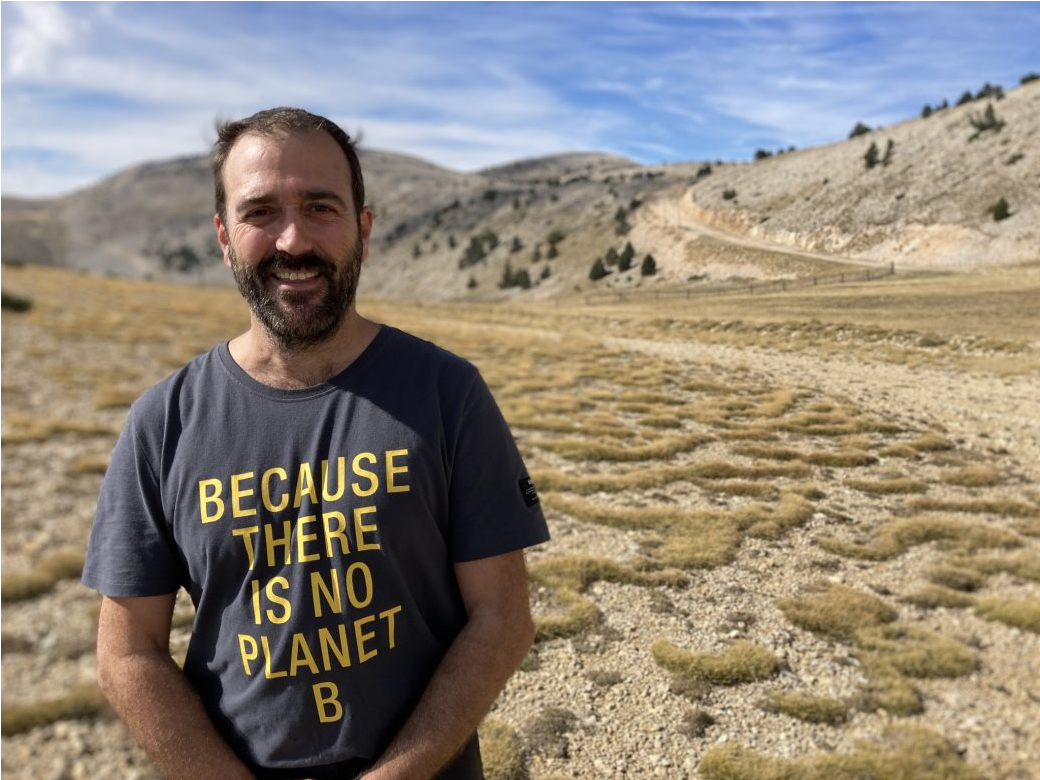
Leonardo Bejarano Manjón holds a Degree in Environmental Sciences from the University of Girona, Spain. He has worked for more than 20 years for the Government of Catalonia (Generalitat de Catalunya) (...)
Leonardo Bejarano Manjón holds a Degree in Environmental Sciences from the University of Girona, Spain. He has worked for more than 20 years for the Government of Catalonia (Generalitat de Catalunya), first as a technician in the Department of the Environment and the Department of Agriculture, Livestock, Fisheries, and Food and later in the General Directorate of Environmental Policies and the Natural Environment of the Department of Territory and Sustainability. Since March 2023, he has been the Head of the Catalan Office for Climate Change of the Department of Climate Action, Food, and Rural Agenda.
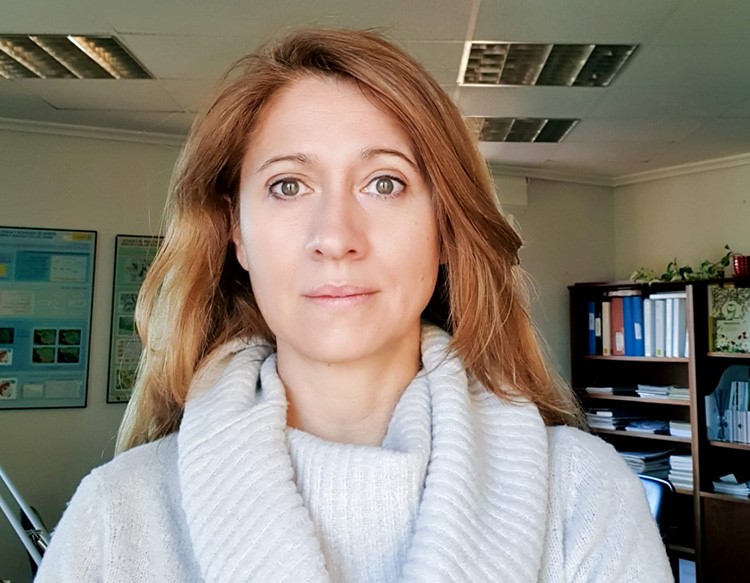
Paz Fentes began her career in the Union of Agricultural Cooperatives of Madrid, in the olive grove sector. She has been an official of the Ministry of Agriculture, Fisheries and Food since 2006 (...)
MSc in Agricultural Engineering from Universidad Politécnica de Madrid.
Paz Fentes Piñeiro began her career in the Union of Agricultural Cooperatives of Madrid, in the olive grove sector.
She has been an official of the Ministry of Agriculture, Fisheries and Food since 2006, where she has carried out tasks related to the monitoring, analysis and development of policies regarding to several sectors (cereals, oilseeds, legumes, rice, fodder, sugar beet, cotton, olive groves, etc.), as well as horizontal tasks related to the environment, renewable energies or the common agricultural policy and its successive reforms.
Currently, she holds the position of Deputy Director General for arable and industrial crops and olive oil.
Alo Congress – VB Group
Numancia 73
08029 Barcelona - España
Phone: (+34)933 633 954
Queries: secretary@lcafood2024.com
Payments and invoices: invoices@lcafood2024.com
